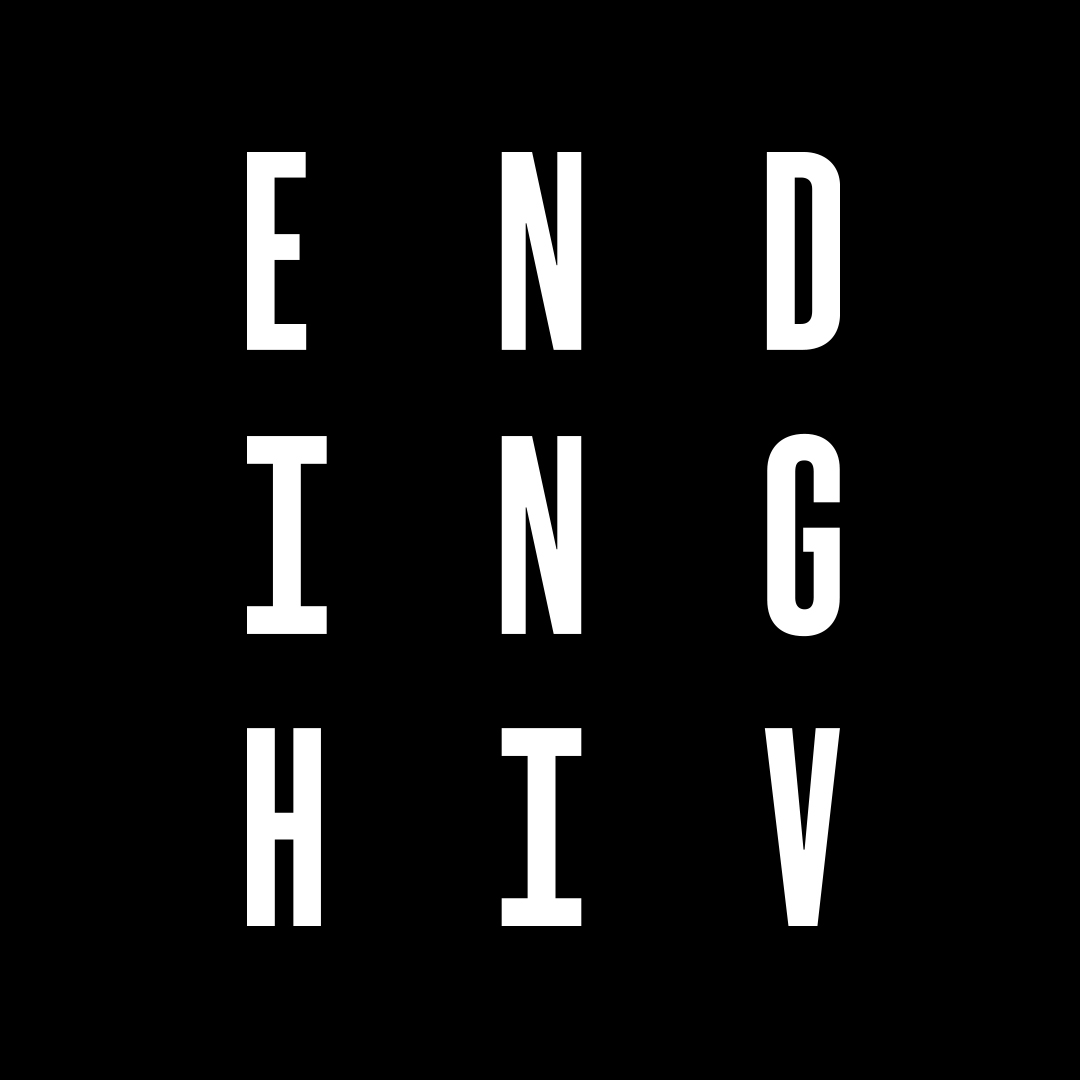Understanding HIV treatment and adherence
Coming to terms with a recent positive diagnosis for HIV can take some time. But with the modern HIV treatments and the support of health professionals, if you’re newly diagnosed, you can be on a path to living a healthy happy life.
Getting there, though, requires navigating around some new aspects of life. And one very crucial part of that is becoming acquainted with HIV treatments and the importance of adherence.
HIV treatment and ‘combination therapy’
Advances in HIV medications mean that treatments are easier to take, and short-term side effects are rare. HIV treatment is made up of three different drugs, although this doesn’t necessarily mean three pills; some can be combined into one pill. This is sometimes known as your ‘combination’ or ‘combination therapy’.
A wider choice of medications allows people to change their combinations if they do experience side effects, and newer combinations are much more effective against the virus, easier to take, and usually require only one or two pills to be taken each day.
HIV treatment and adherence
Treatments work best when you take them correctly and at the right time each day, which your doctor will explain to you. Taking your medication correctly is also called ‘adherence’. Some people are concerned that the medications need to be taken at exactly the same time each day. While that is the most ideal, at the least, it can be taken around the same time each day (e.g. with breakfast).
If you miss a dose and remember within 10 hours of when you usually take your medication, take it at that time. If you simply forget altogether, take it at the time you usually take it on the next day. Do not take a double dose of the medication.
If you are regularly missing a lot of your medication or finding it hard to take them as prescribed, talk to your doctor or a peer about finding a better way to remember. Taking your medications irregularly can lead to your current treatments no longer controlling the virus. While you can come back from situation where a particular class of medication has become ineffective, this can all be stressful and would not be the best way to manage your health.
HIV treatment benefits
Aside from controlling the virus in your body, starting HIV treatment has many benefits, including a longer life expectancy, improvement in quality of life, reduced inflammation and achieving an undetectable viral load.
Longer life expectancy and quality of life
Starting treatment immediately or within a few weeks of diagnosis will result in a higher CD4 count and a stronger immune system. In developed countries such as Australia, life expectancy for someone diagnosed with HIV today can be very similar to someone who does not have HIV.
Sometimes, anxiety and depression can come with an HIV diagnosis, and it can feel overwhelming. Talk to your doctor about counselling or peer support, you do not have to go through this alone.
Reduced inflammation that leads to other illnesses
When the immune system detects any infection, including HIV, it commences what’s known as an ‘inflammatory’ response. This is your immune system releasing chemicals that cause inflammation to help control infection. This response is helpful in the short-term for infections such as the flu. But when you have untreated HIV, these chemicals are released continuously over time. That inflammatory response continues while your HIV remains untreated and it can cause damage to the heart, liver, kidneys and brain, which is another reason why it’s important to start treatment as early as you’re ready.
Starting HIV treatment early can reduce inflammation and chances of damage to your body. For other ways to reduce inflammation, discuss with your doctor.
Undetectable viral load: zero risk of passing HIV to your partners
Modern treatments are also highly effective at reducing the amount of HIV in your blood to ‘undetectable’ levels. In addition to greatly benefitting your personal health, having an undetectable viral load means zero risk of passing HIV on to another person during sex, even when condoms aren’t being used.
Read more about staying healthy or check out our getting support page if you want to connect with other support services.
